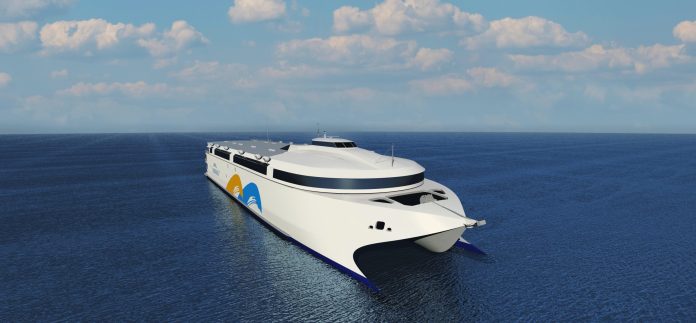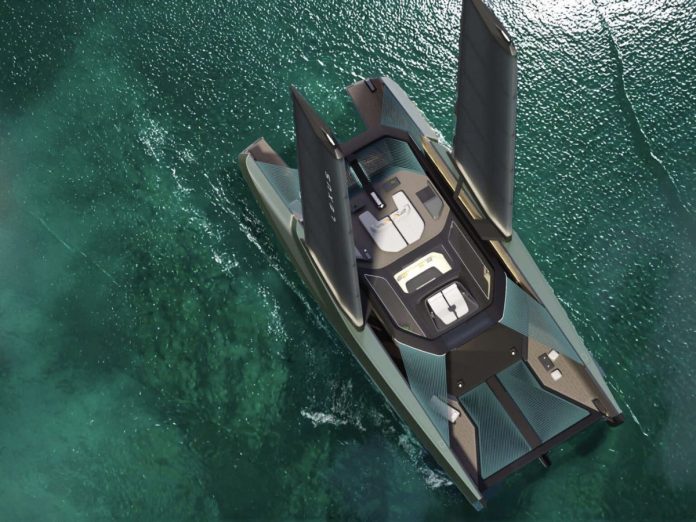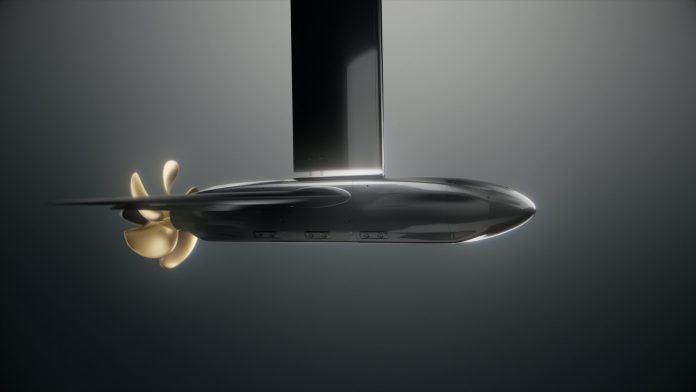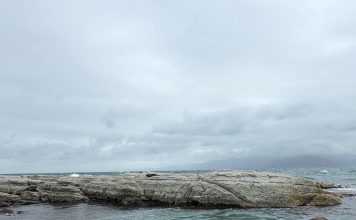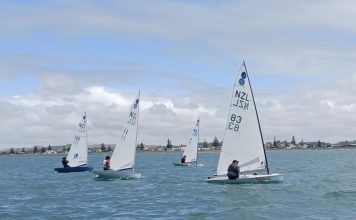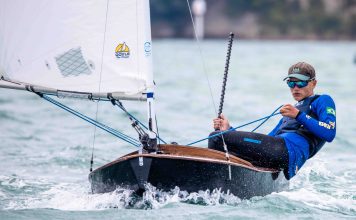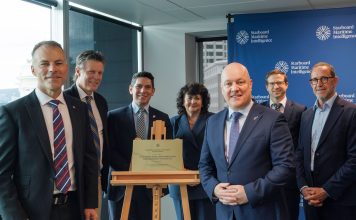The two high-speed vessels, each measuring 129 metres and powered by massive 45,000 kWh battery systems, will operate on Denmark’s busy Kattegat route between Jutland and Zealand. The order is part of what’s being described as the world’s largest maritime electrification project.
Incat Chairman Robert Clifford said the agreement marks a watershed moment for the global maritime sector.
“These new vessels for Molslinjen mark a turning point not just for Incat but for the global maritime industry,” Clifford said.
“They are part of a new class of high-speed, low-emission ships that are redefining what’s possible at sea. We’re honoured to again partner with Molslinjen, and proud to help them deliver real environmental change on one of Europe’s busiest ferry routes.”
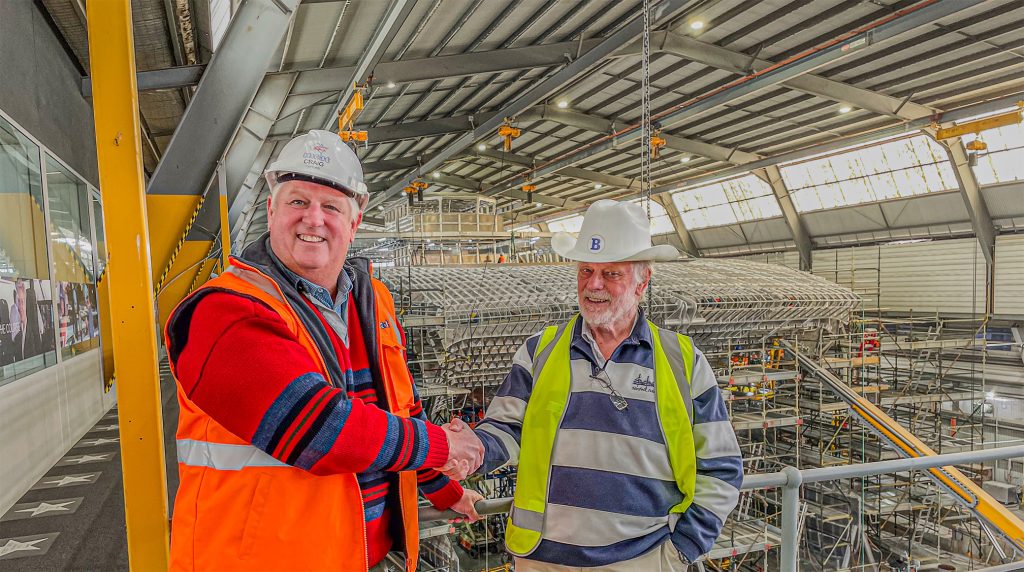
The announcement comes as Incat progresses work on other pioneering builds—Hull 096, the world’s largest battery-electric ship, and Hull 100, a next-generation 78-metre hybrid ferry—positioning the company at the forefront of zero-emissions vessel construction.
Construction of the new Danish ferries is set to begin in the coming months, with delivery of the first vessel expected in late 2027. Each ferry will be capable of transporting 1,483 passengers and 500 cars at speeds over 40 knots, while eliminating thousands of tonnes of CO₂ annually.
To meet rising demand, Incat also plans to expand its Prince of Wales Bay production facility in Tasmania. The development will double its output capacity and workforce within three years, enabling a higher volume of large vessel deliveries.
“This project aligns perfectly with our strategic vision,” Clifford said.
“As global demand for sustainable ferries accelerates, our expanded facilities will ensure we’re ready to lead the way in both innovation and volume.”
Beyond the commercial success, the project reflects a strong and growing relationship between Australia and Denmark. Incat Managing Director Craig Clifford, who also serves as the Honorary Consul for Denmark in Tasmania, described the partnership as a model of international collaboration in clean technology.
“Incat has a long and trusted relationship with Denmark through our work with Molslinjen,” he said.
“These vessels will connect communities across the Kattegat with high-speed, clean energy technology, and they’ll be built right here in Tasmania.”
With early-stage construction already underway, Incat is once again proving that big changes in global shipping can start from a small island at the edge of the Southern Ocean.








